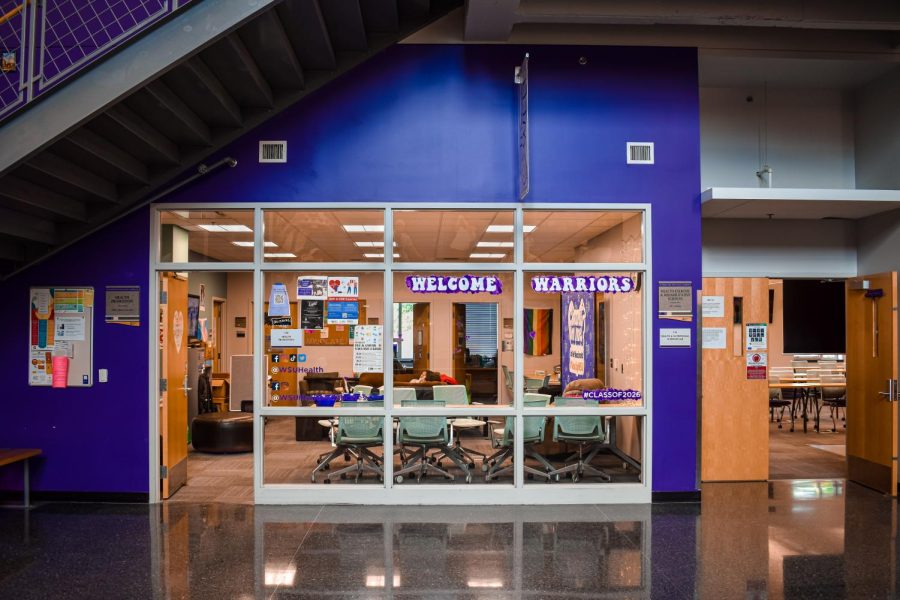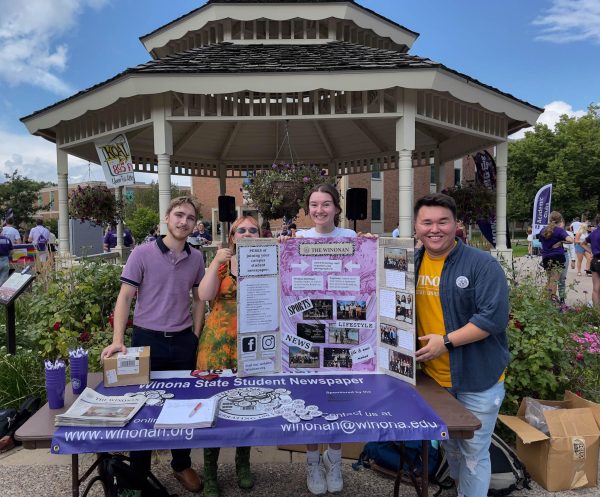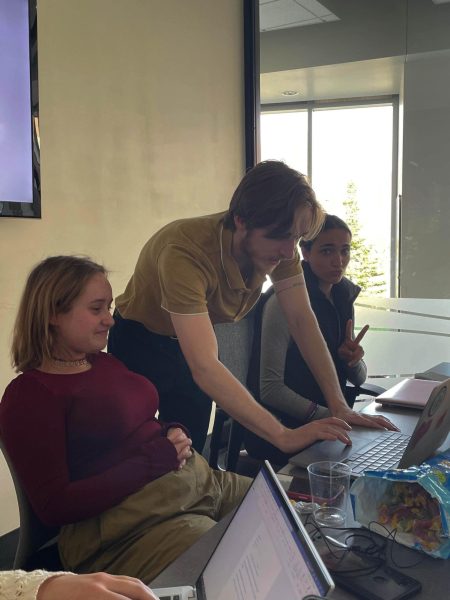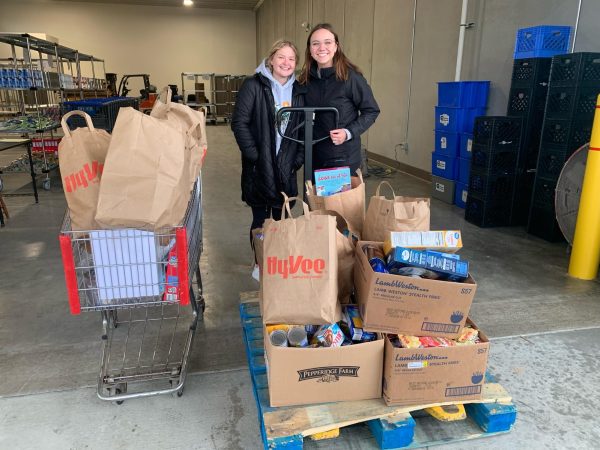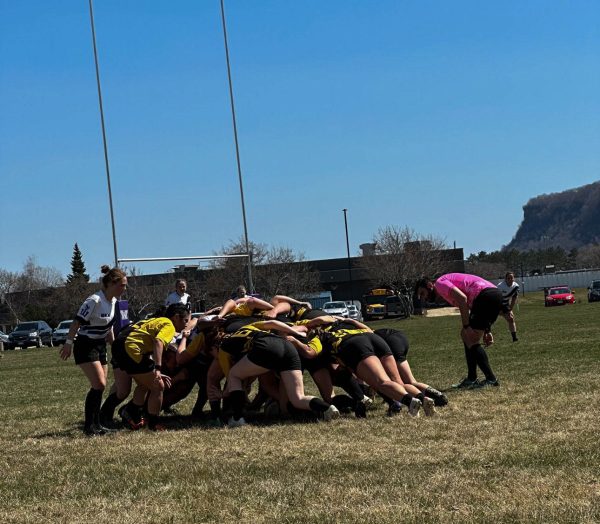Highlighting Winona State mental health services
For students who are not comfort- able going to Counseling Ser- vices, tele-counseling is available. Students can also navigate to the Counseling Services website and click “Mental Health Resources” for even more resources.
October 5, 2022
Every year September is dedicated to suicide prevention awareness. This month is used to bring awareness to mental health and to end the stigma surrounding it.
September can also be used to discuss the mental health services available at Winona State University.
Lynda Brzezinski, a campus psychologist and professor, has been working at Winona State for 23 years. Brzezinski provides counseling services to students for a variety of concerns.
Some of the most common are anxiety, depression and stress. Brzezinski commented on the importance of suicide prevention awareness month.
“Bringing increased awareness to these issues can help break down that stigma and hopefully help individuals seek the help they need,” Brzezinski said.
Brzezinski also described some signs that may surface when someone needs help.
“Warning signs could include things like talking or joking about suicide, statements that someone is feeling hopeless, being preoccupied with death, engaging in self-destructive behaviors, giving possessions away and saying goodbye,” Brzezinski said.
Another indicator includes someone’s behavior, hygiene or academics significantly changing. If students notice any of these signs in themselves, they can email or walk over to Counseling Services in the Integrated Wellness Complex.
If students do not feel comfortable doing so, they can reach out to a faculty member, their R, or counseling services off-campus.
If a student notices these signs in someone they know, they should ask that person if they are feeling suicidal and if they have a plan. If a student says they are suicidal, another student can bring them to Counseling Services or involve trusted adults.
For students who are not comfortable going to Counseling Services, tele-counseling is available. Students can also navigate to the Counseling Services website and click “Mental Health Resources” for even more resources.
Another resource students can use is the Office of Equity and Inclusive Excellence. Tyler Treptow-Bowman, the intercultural and completion coordinator, works at this office.
Treptow-Bowman discussed what the KEAP Center is, where it is located and how it can be used.
“KEAP stands for knowledge, empowerment, advocacy and pluralism. It grew out of student protests in 2011 and 2012. It is a space in Kryzsko Commons, room 162, that students use to create community and then engage in conversations about things on campus to make a place for historically marginalized students,” Treptow-Bowman said.
Treptow-Bowman also described what safe space training entails. Safe space training is a two-hour training session that teaches participants about current issues effecting the LGBTQ+ community.
After the session, participants sign an agreement saying they are willing to provide LGBTQ+ students with support.
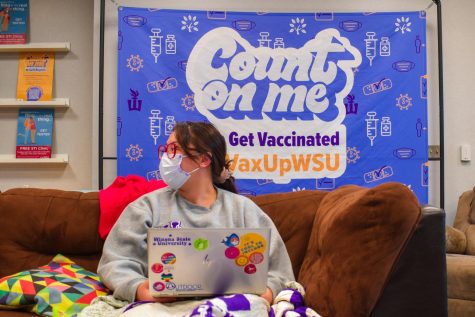
Treptow-Bowman also noted that safe space training includes the impact of discrimination on mental health and the suicide rates associated with the LGBTQ+ community.
Almost all the staff, except for a few new members, in the Office of Equity and Inclusive Excellence are safe space trained. According to Brzezinski, all counselors at Winona State are safe space trained as well.
Brzezinski and Treptow-Bowman discussed the impact of the pandemic on the services they provide.
Initially, both noted that it was an adjustment to move their services online. Later, they both found that some of their services worked better online.
Brzezinski also discussed how the pandemic affected students’ mental health.
“I would say the other impact we are seeing from COVID is an overall decline in students’ mental health. Students seem a lot more anxious, and it seems like students are experiencing an uptick in social anxiety in particular. Online learning was a challenge for many students during the pandemic, so there also seems to be more academic struggles, which in turn increases student stress,” Brzezinski said.
With the impacts of the pandemic on students’ mental health and it being suicide prevention awareness month, students should be aware of the benefits of counseling. Brzezinski spoke to these benefits.
“It’s a great opportunity for students to access support if they are struggling with a mental health issue or if they just want someone to talk with outside of their friends and family,” Brzezinski said.























































